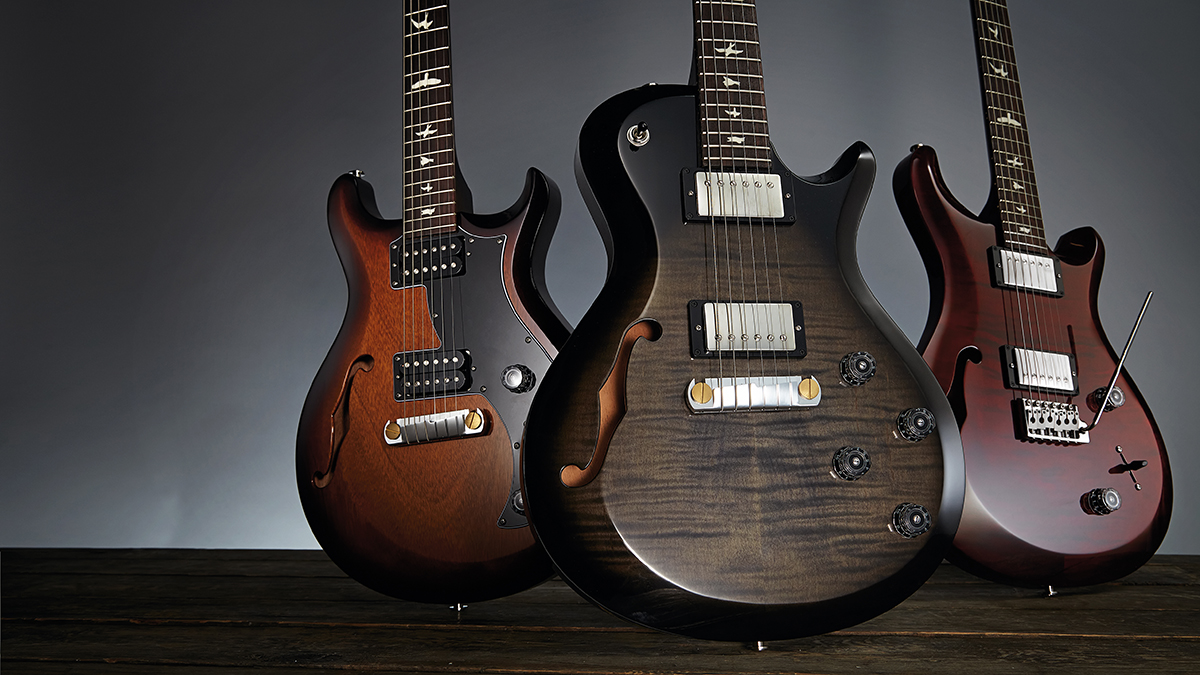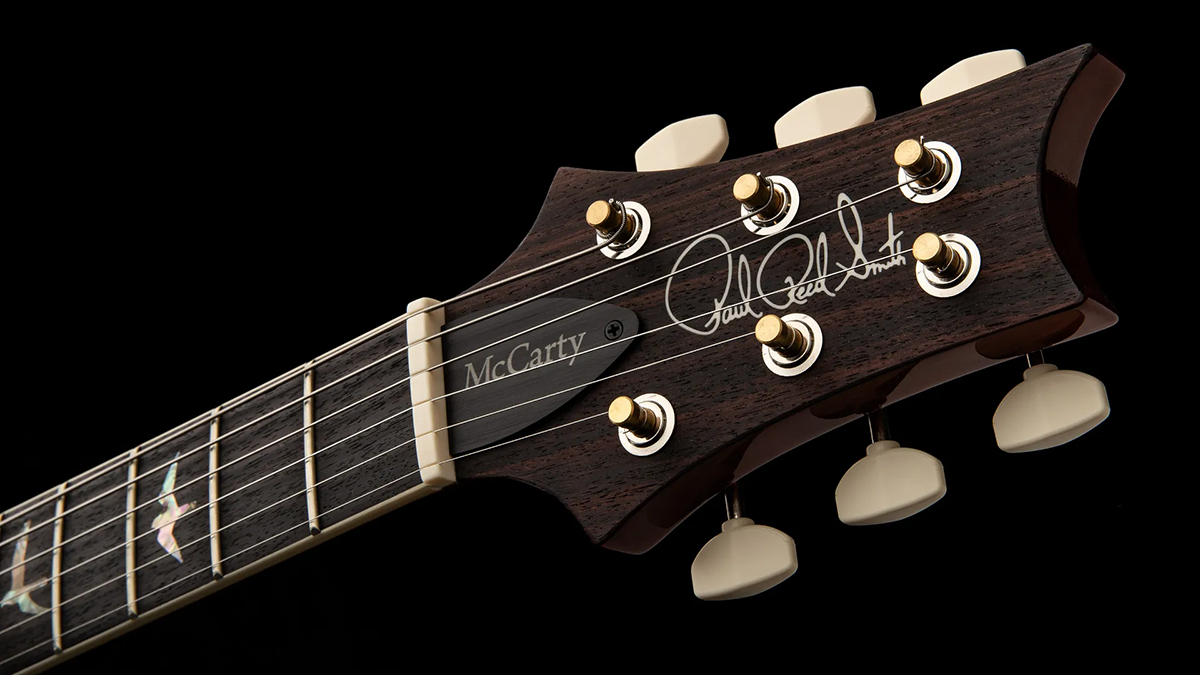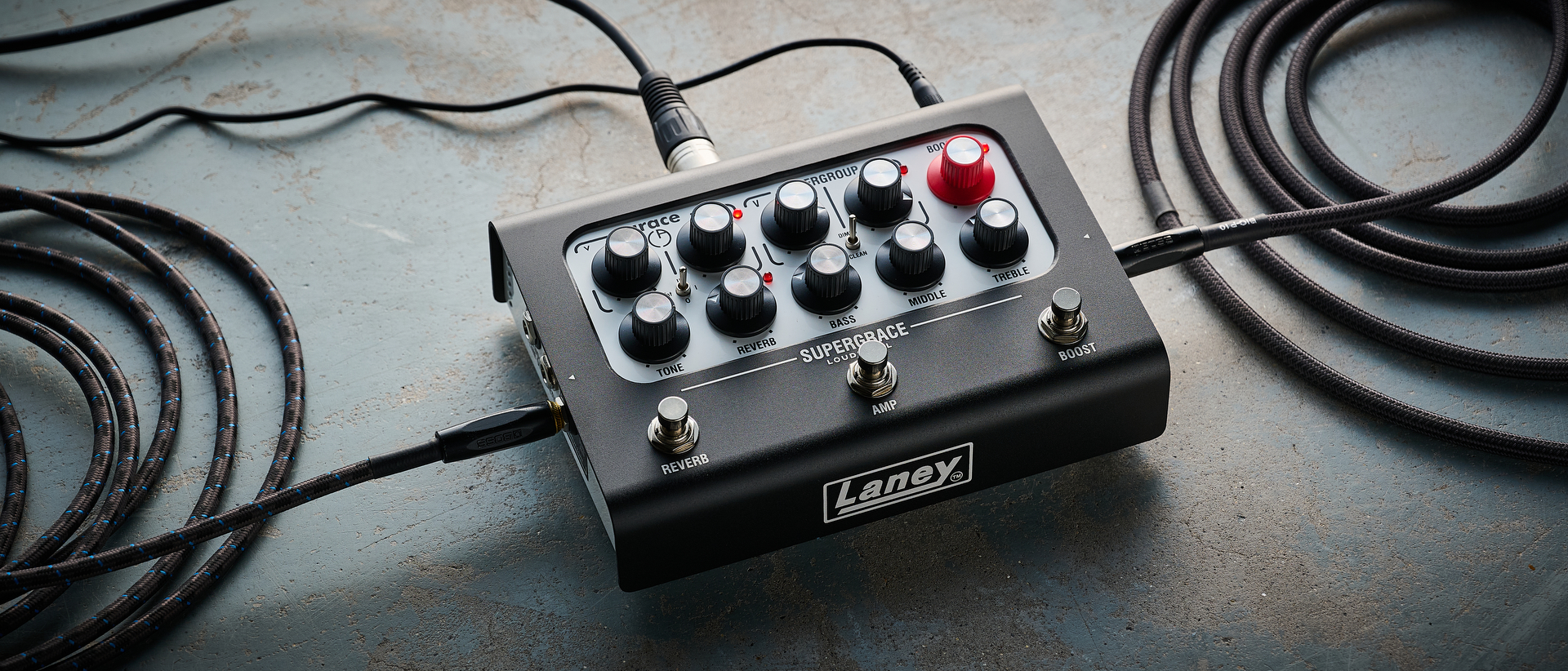“It’s used for fence posts in Guatemala, and somehow that has given it a low-class reputation on the internet”: Paul Reed Smith says the materials used to make a guitar absolutely do make a difference – but not for the reason you might think

All the latest guitar news, interviews, lessons, reviews, deals and more, direct to your inbox!
You are now subscribed
Your newsletter sign-up was successful
Paul Reed Smith has once again leapt to the defense of tonewoods – but this time, he’s done so with a bit of a twist.
The tonewood debate is one of the guitar world’s most hotly contested conversation topics, and poses the simple question: do certain woods sound better than others when used to make electric guitars and acoustic guitars?
The answer is anything but simple. Leo Fender, for example, didn’t think tonewoods made a difference. Guthrie Govan, who recently conducted his own experiment on the matter, does.
PRS founder Smith aligns himself with Govan’s camp, however. In a new column published on Premier Guitar, the six-string scientists delved deeper into his own beliefs on the whole ‘tonewood’ debate by revealing, actually, he doesn’t really pay much attention to ‘tonewoods’ at all.
As it turns out, PRS don’t deal in ‘tonewoods’ – they only care about woods in general, and will use anything (regardless of what popular logic and history might suggest) if they deem it to be suitable.
“I don’t really use the term 'tonewood.' Because the internet uses the word, the word is used, but at PRS we just talk about wood, its beauty, and its ability to ring,” Smith says.
“I guess tonewood is a wood used on musical instruments that helps give the instrument a good tone,” he goes on. “Certain woods are classified as tonewoods and some are not. For me, the species is less relevant than the qualities of the wood.”
All the latest guitar news, interviews, lessons, reviews, deals and more, direct to your inbox!
Such qualities aren’t concerned with how “toneful” certain woods such as alder, mahogany or ash are perceived to be, but instead are more worried about how they perform when tested on a few key counts.
“Those qualities are: length of time the wood rings when you hit it, the amount of water remaining in the wood after it is dried, the resins in the wood being crystallized/not gooey, the ability to have strength as necessary (i.e., a fretboard needs to be resistant to sweating, whereas back wood doesn’t), its ability to not warp over time, and its aesthetic appeal,” Smith reveals.
The guitar I am currently playing has a ziricote fretboard and a chaltecoco neck. Chaltecoco is used for fence posts in Guatemala
o illustrate his point, Smith goes on to explain how, as an aspiring luthier, he’d build on the research conducted by the guitar companies that came before him, and used the ‘tonewoods’ that were considered industry standard.
However, when experimenting for himself, he discovered that certain woods that were snubbed by the guitar-building population were in fact excellent for making guitars.
“Over the last 15 years, we have been able to experiment with woods that are not considered vintage tonewoods. Vintage guitar fretboards are typically made of rosewood, ebony, or maple. There are several species within those wood types that work.
“The guitar I am currently playing has a ziricote fretboard and a chaltecoco neck. Chaltecoco is used for fence posts in Guatemala, and somehow that has given it a low-class reputation on the internet.
“To me, it makes fantastic electric guitar necks: It is strong, straight, and rings for a long time once dried. It’s got a beautiful sound.”

This mindset can then be extended to every component of the guitar, from the hardware and electronics all the way to, say, the tuners, which PRS recently reinvented to improve tone.
“Bottom line, to throw away one of the main ingredients for making instruments because the internet says 'it doesn’t make any difference' is, to me, like saying dead strings, rubber bridges, soft finishes, and wet woods make no difference,” Smith concludes. “With all due respect, I don’t buy it.”
So, while Smith is adamant that certain woods sound different to others, he's not convinced that historically popular tonewoods are the 'be-all-and-end-all' of good tone – something other tonewood-ers might otherwise believe.
In other words, specific materials definitely do make a difference, but it doesn't matter which ones you use, so long as they perform to a high level.
So, there you have it. Don't let someone tell you woods don't make a difference. Just point them to Smith's Guatemalan fence post guitar, and politely inform them otherwise.

Matt is the GuitarWorld.com News Editor, and has been writing and editing for the site for five years. He has a Masters in the guitar, a degree in history, and has spent the last 19 years playing everything from blues and jazz to indie and pop. During his GW career, he’s interviewed Peter Frampton, Zakk Wylde, Tosin Abasi, Matteo Mancuso and more, and has profiled the CEOs of Guitar Center and Fender.
When he’s not combining his passion for writing and music during his day job, Matt performs with indie rock duo Esme Emerson, and has previously opened for the likes of Ed Sheeran, Keane, Japanese House and Good Neighbours.

